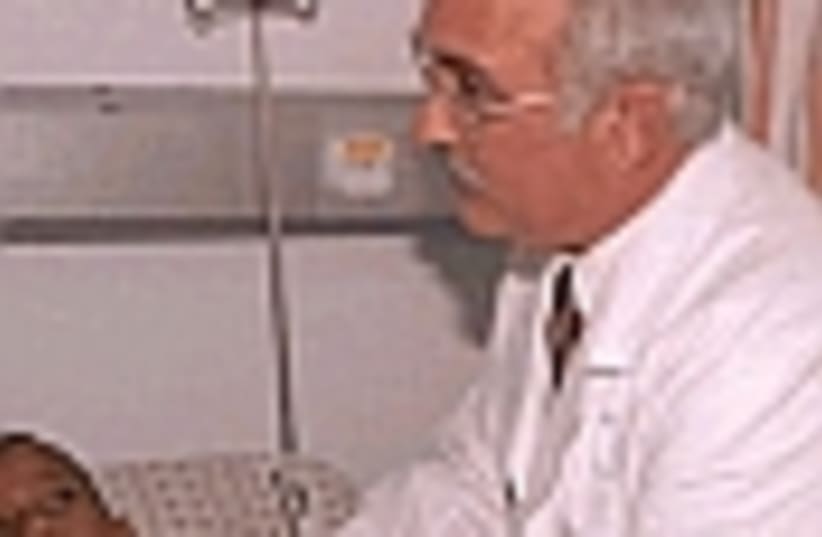| More about: | Canada, Lior, University of Toronto, Palestinian National Authority |
An open-hearted surgeon
Canadian Prof. Bernard Goldman is helping promote a group of Israeli volunteer heart specialists who save the lives of children in Third World countries.
